
Narrative change is critical in for older youth in foster care. This resource shares how to support a 12-month cohort to do it.
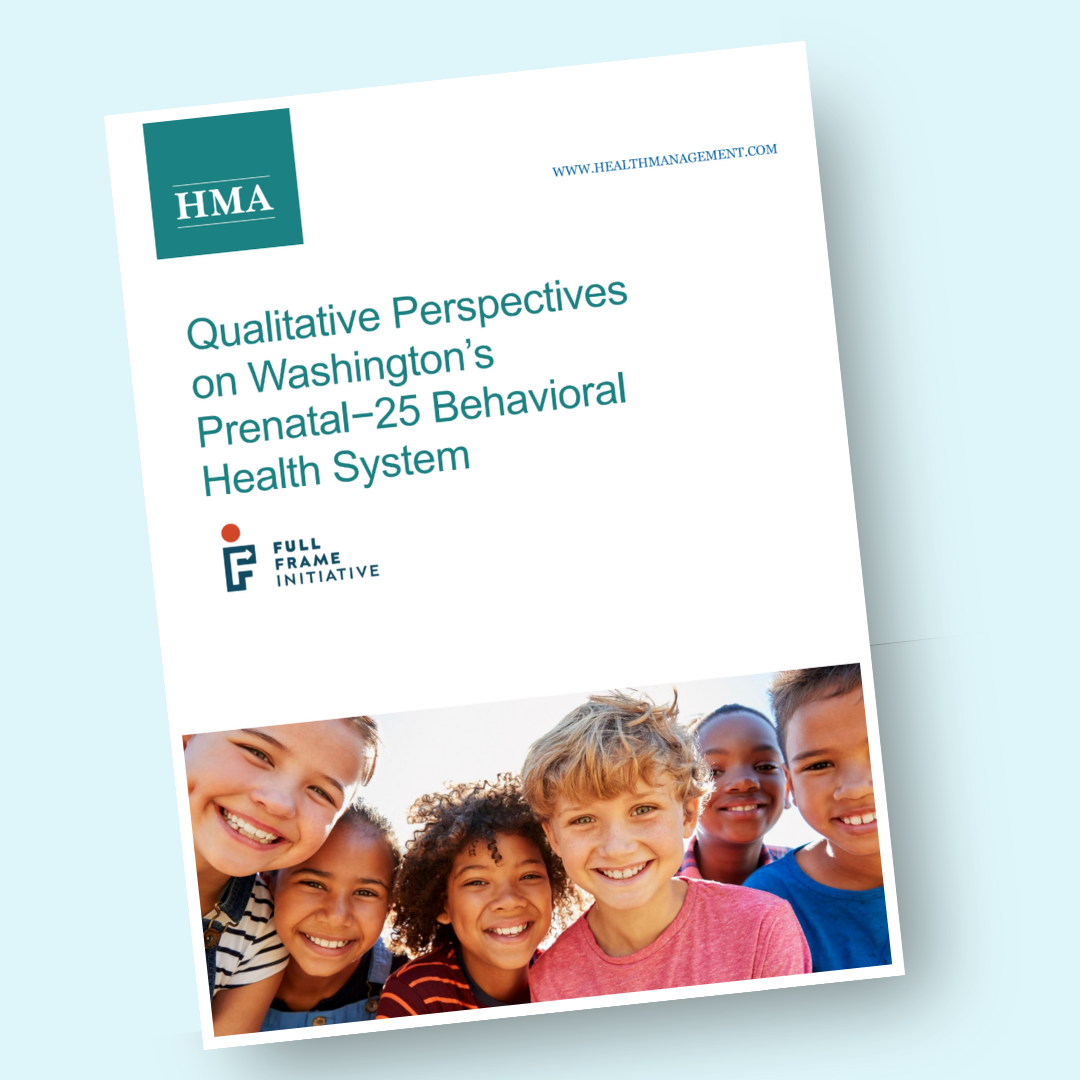
This report summarizes the Washington Thriving project, a statewide initiative to develop a strategic plan for residents from prenatal to age 25.
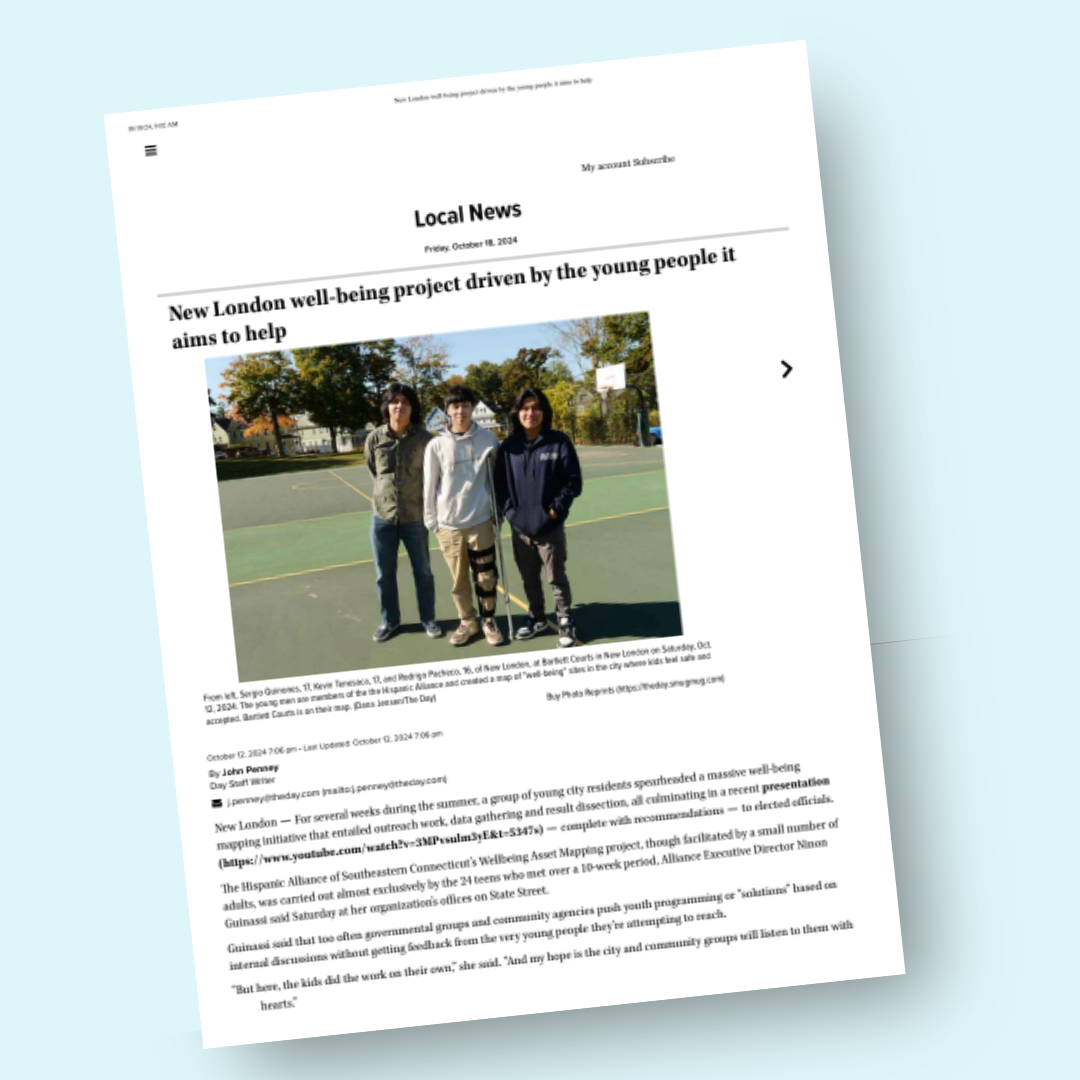
Learn how FFI partnered with the City of New London and the Hispanic Alliance of Southeastern Connecticut on a wellbeing asset mapping project.
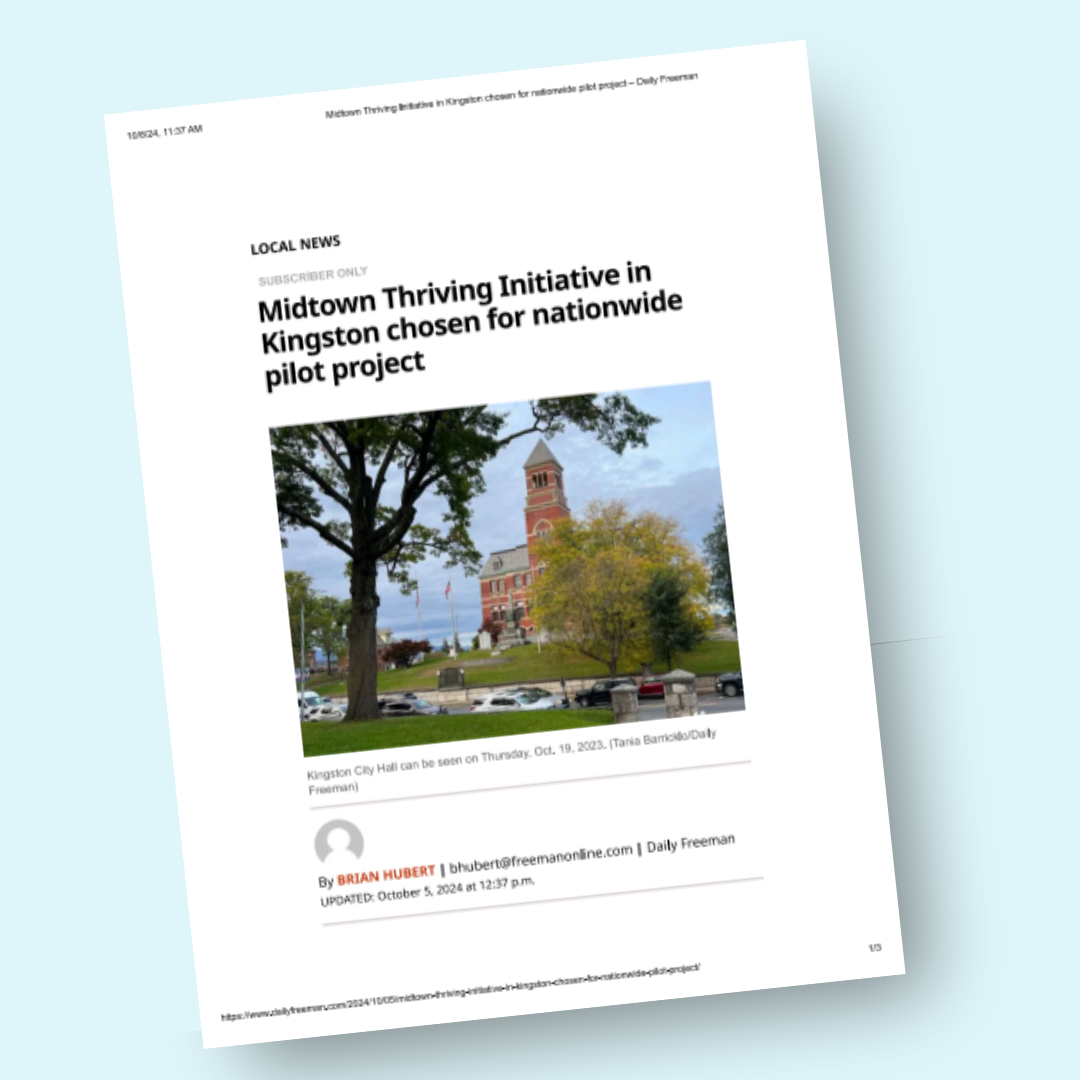
Kingston, NY's Midtown Thriving Initiative was selected by FFI as one of four nationwide pilot projects under its Community Engagement Initiative.
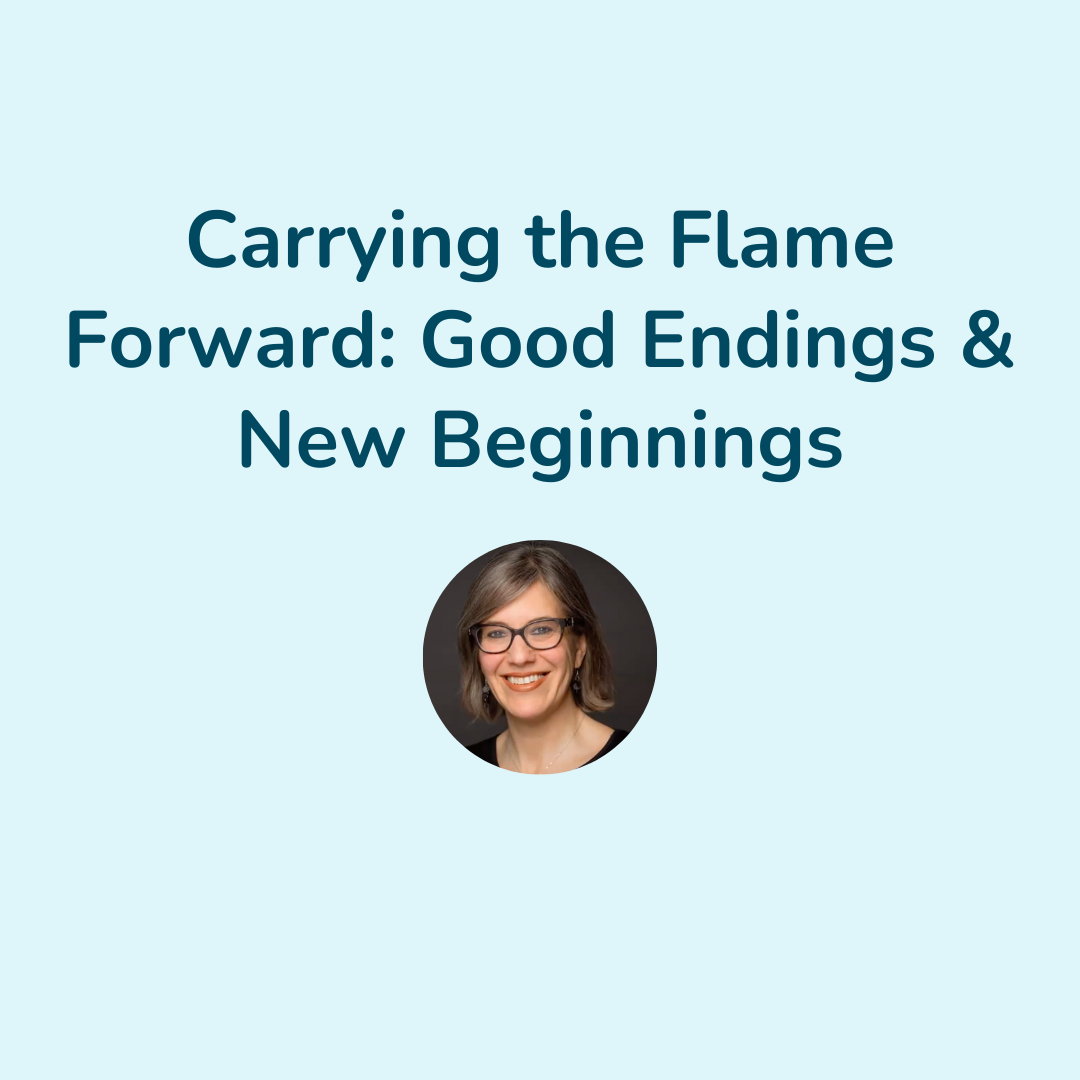
Read the letter from FFI’s Founder & CEO Katya Fels Smyth about our journey winding down the organization over the past eight months and how the work will continue.
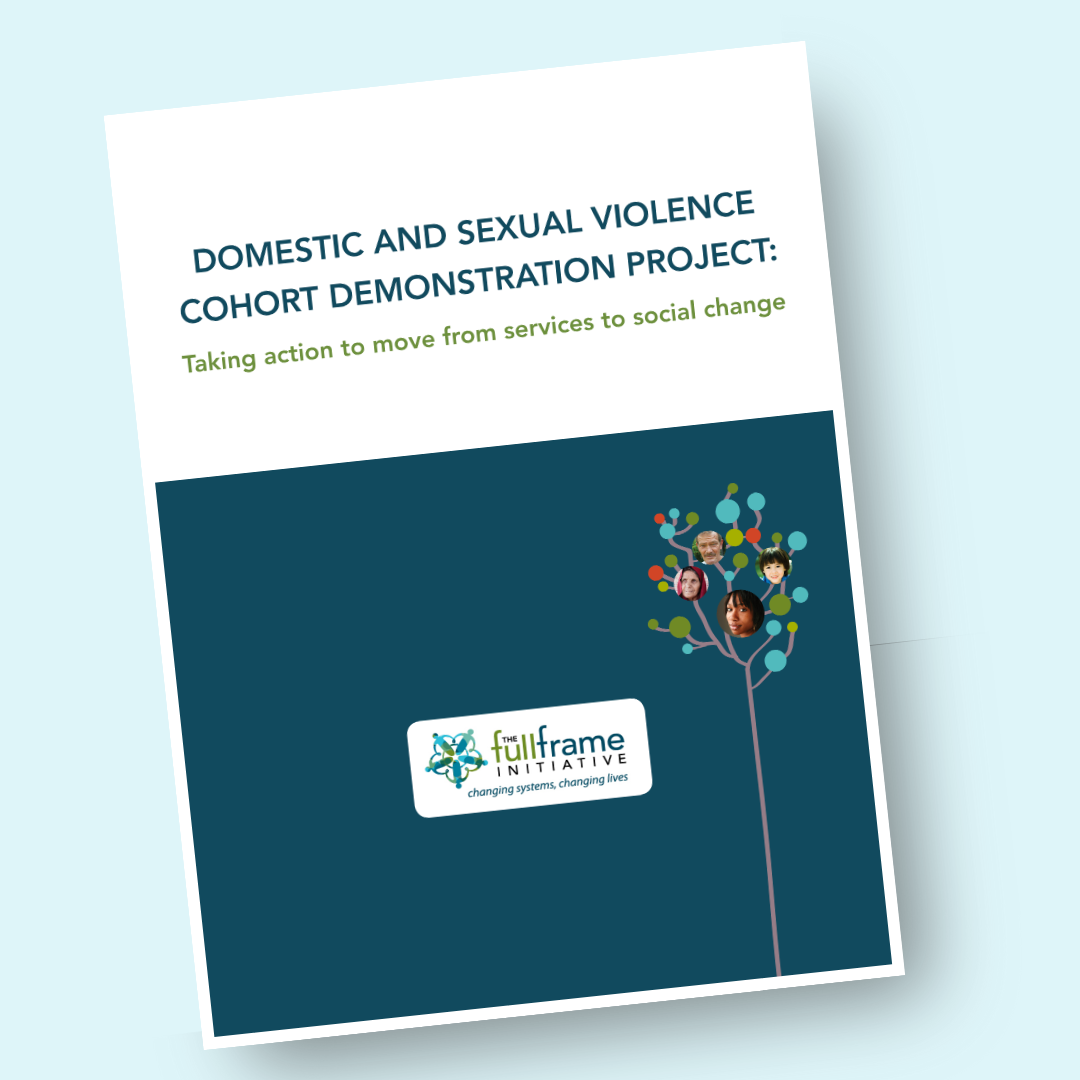
FFI convened a cohort of domestic and sexual violence programs and the group reported on their experiences and recommendations for shifting the field.
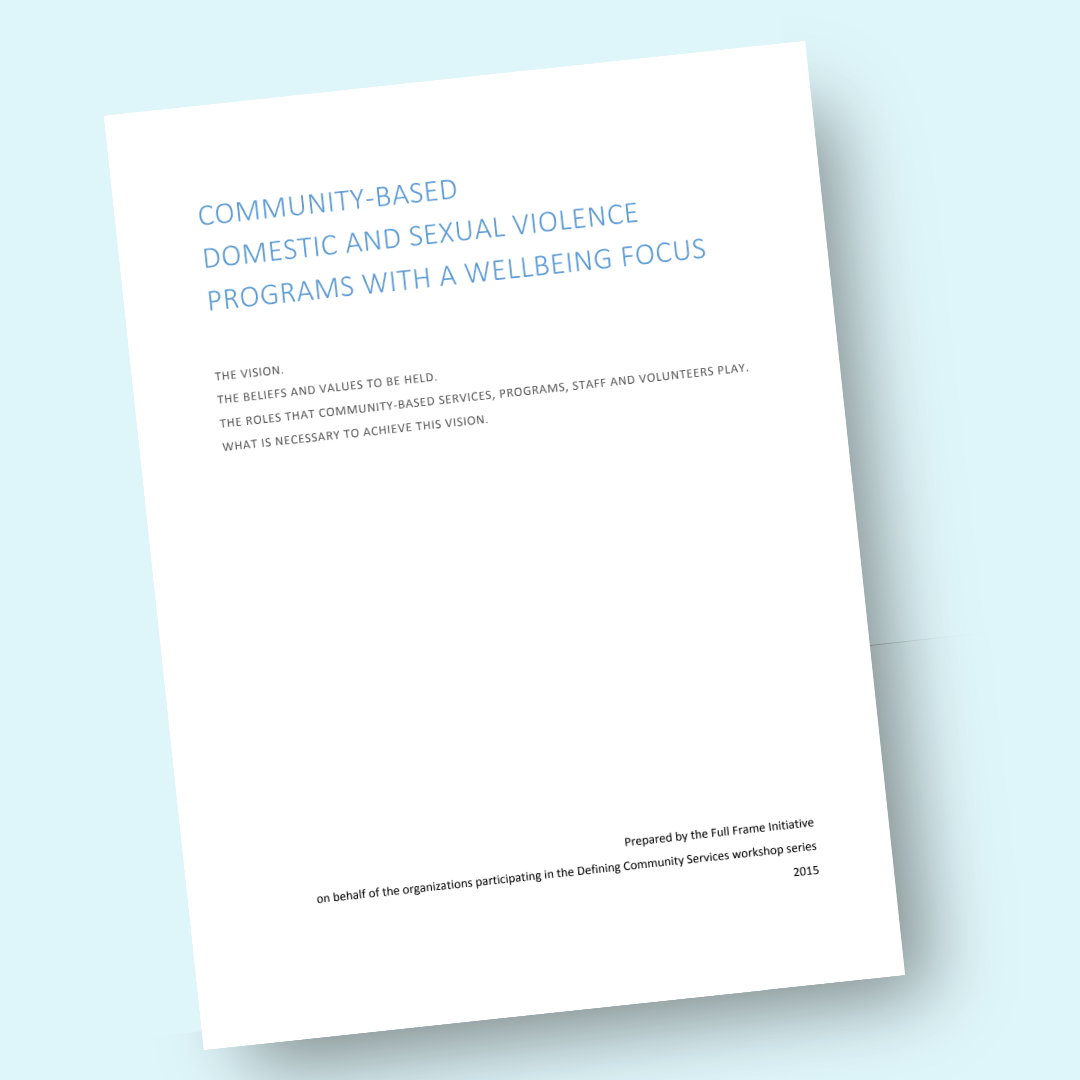
This resource is the result of the convening of 13 domestic violence and sexual assault organizations in Massachusetts to add a wellbeing focus to community-based services.
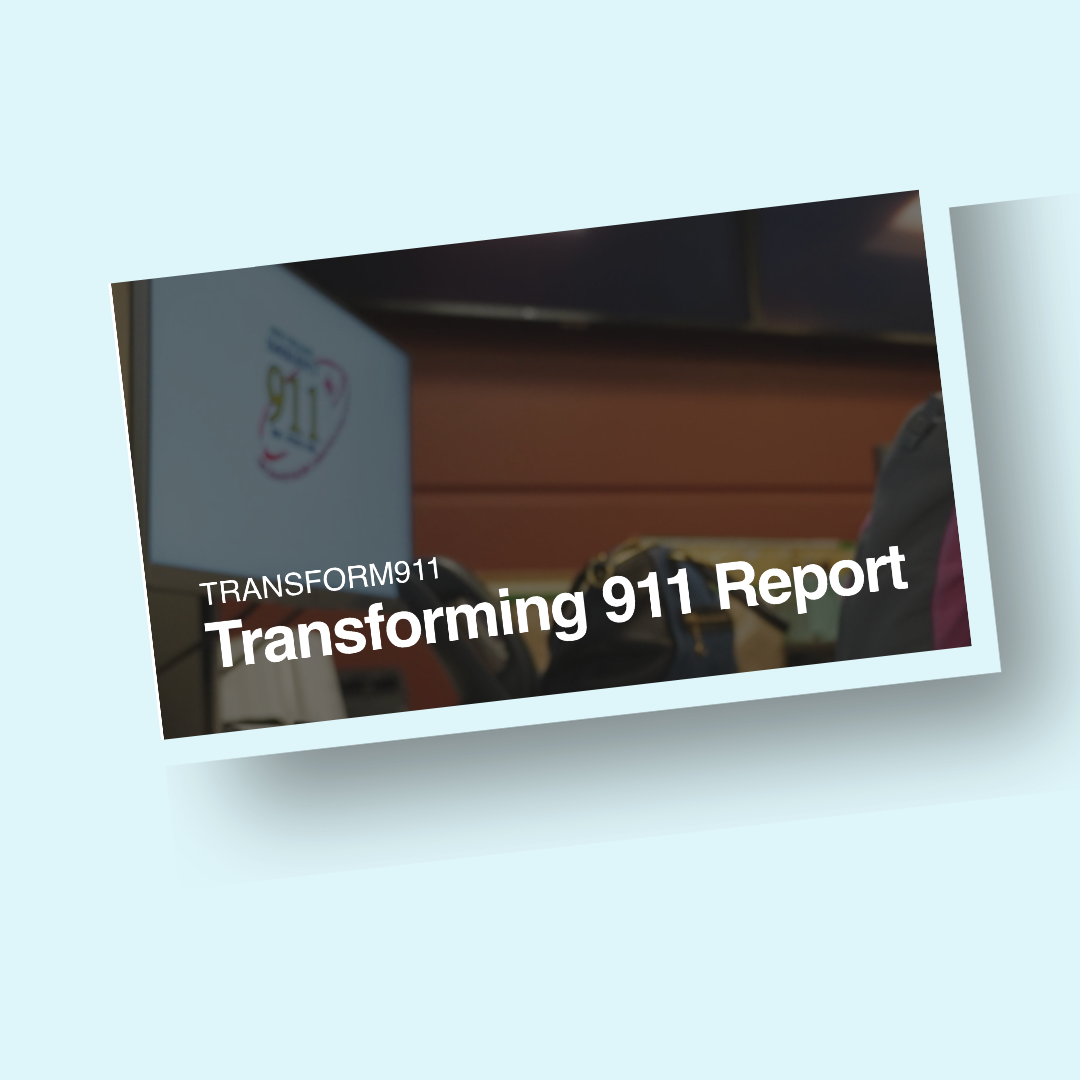
Led by our partners at the University of Chicago Health Lab, Transform911 is a national project to build a more robust and relevant public safety ecosystem that centers wellbeing for all.
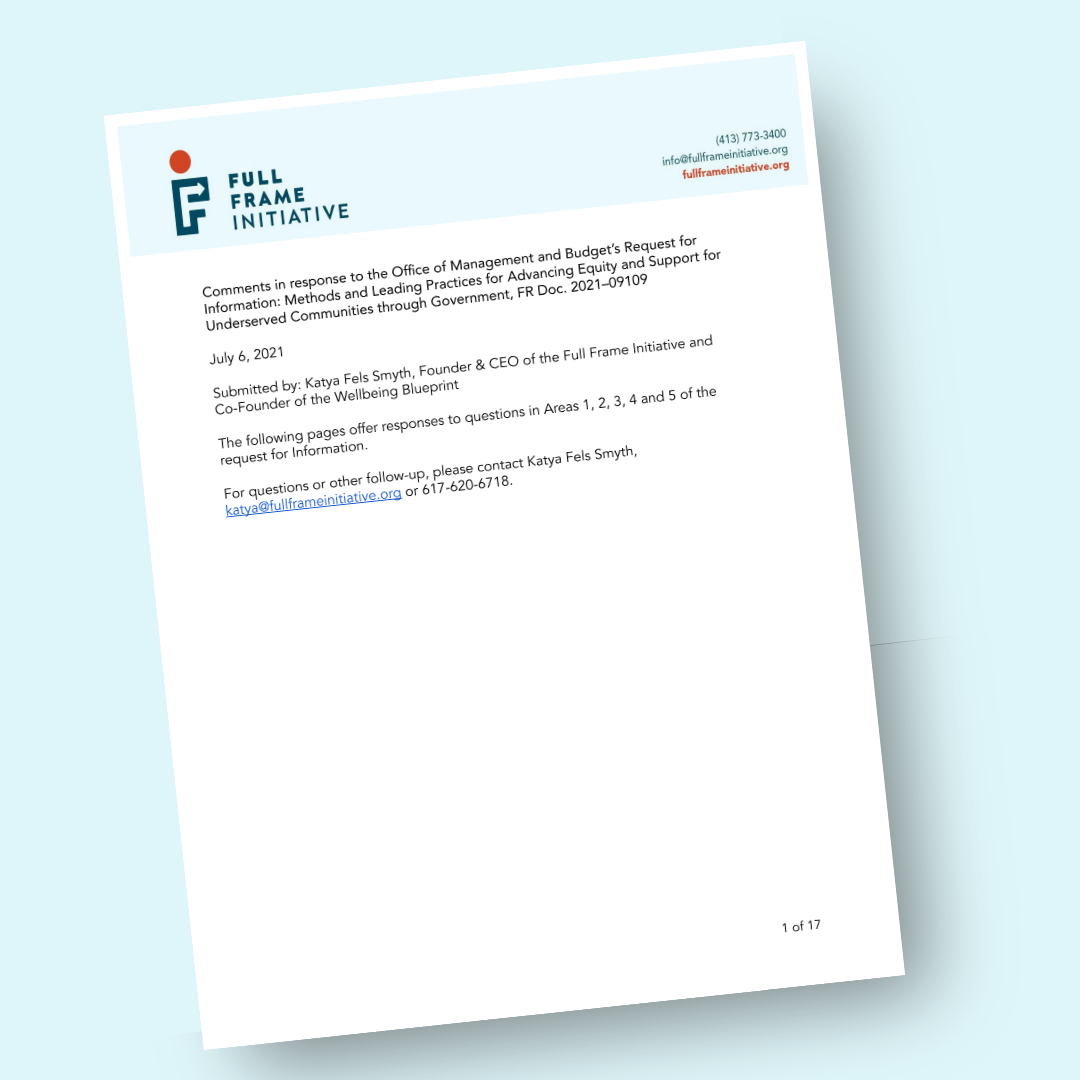
This document contains comments in response to the Office of Management and Budget's Request for Information on Methods and Leading Practices for Advancing Equity and Support for Underserved Communities through Government.
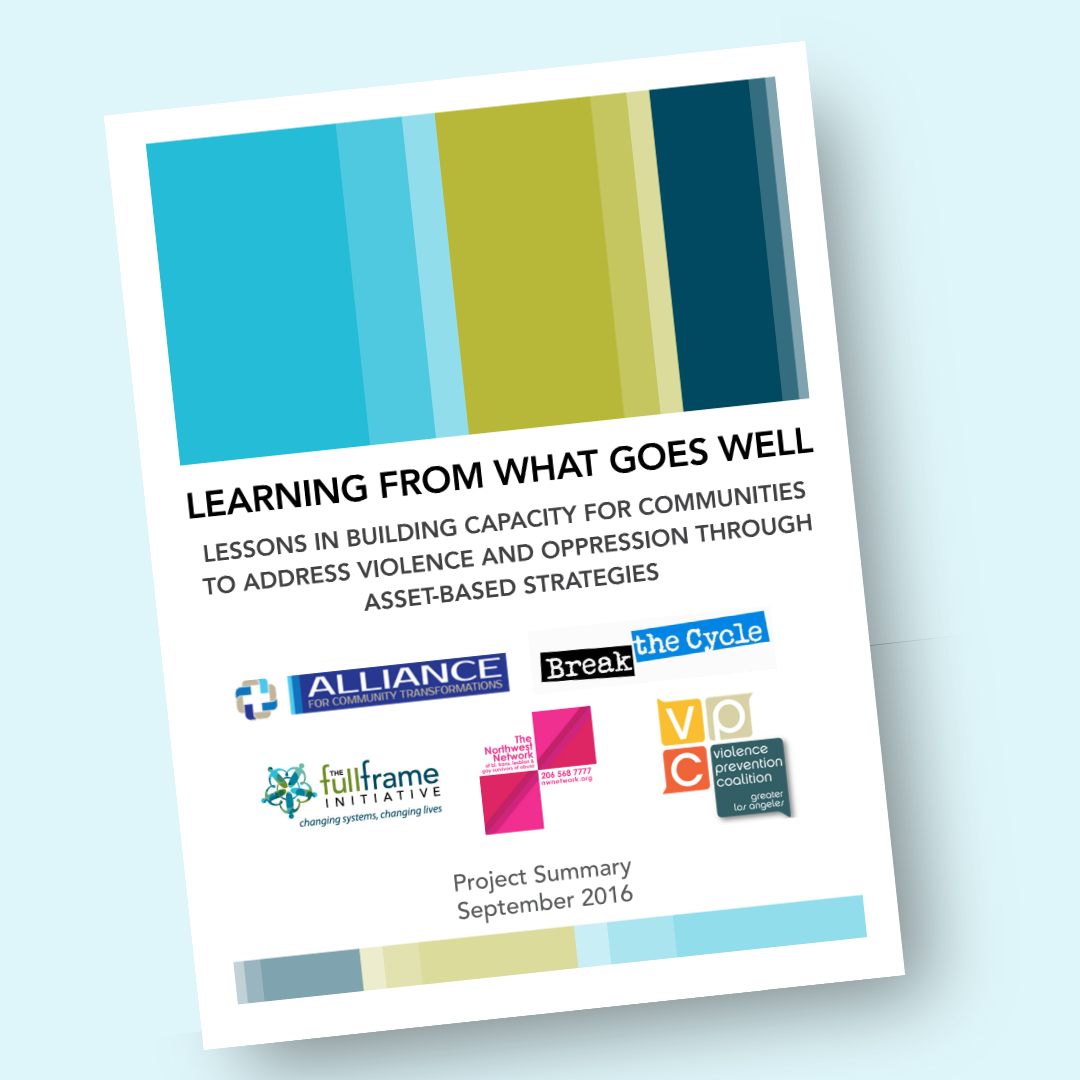
The Learning from What Goes Well (WGW) project was an 18-month, collaborative learning initiative for community teams in California to apply asset-based methodologies in their work to address domestic violence and other forms of violence and oppression.
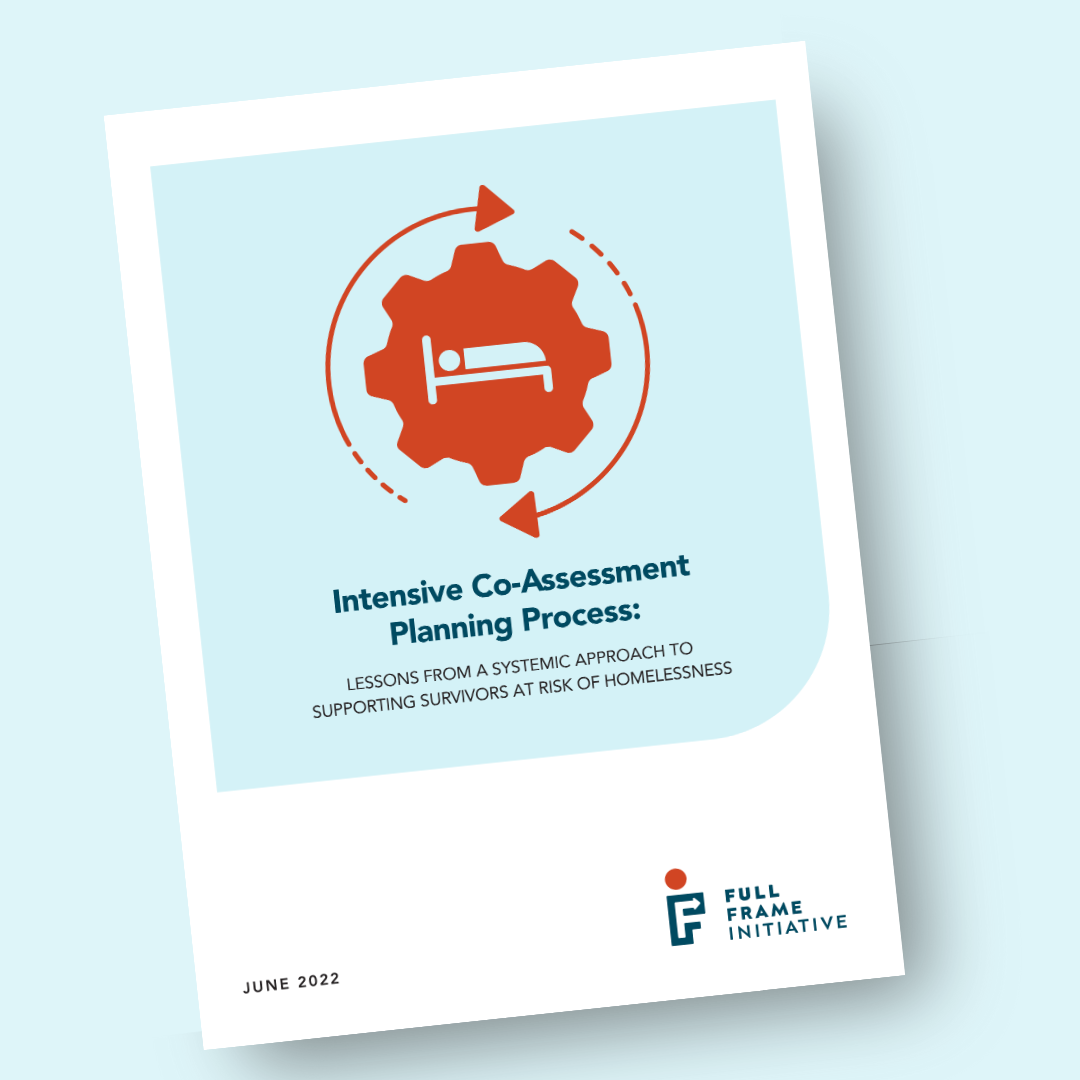
Key learnings from the Intensive Co-Assessment Planning Process (ICAPP) pilot project to address how interagency policies and practices could improve the government's response to the needs of survivors at the intersection of homelessness and sexual and domestic violence.
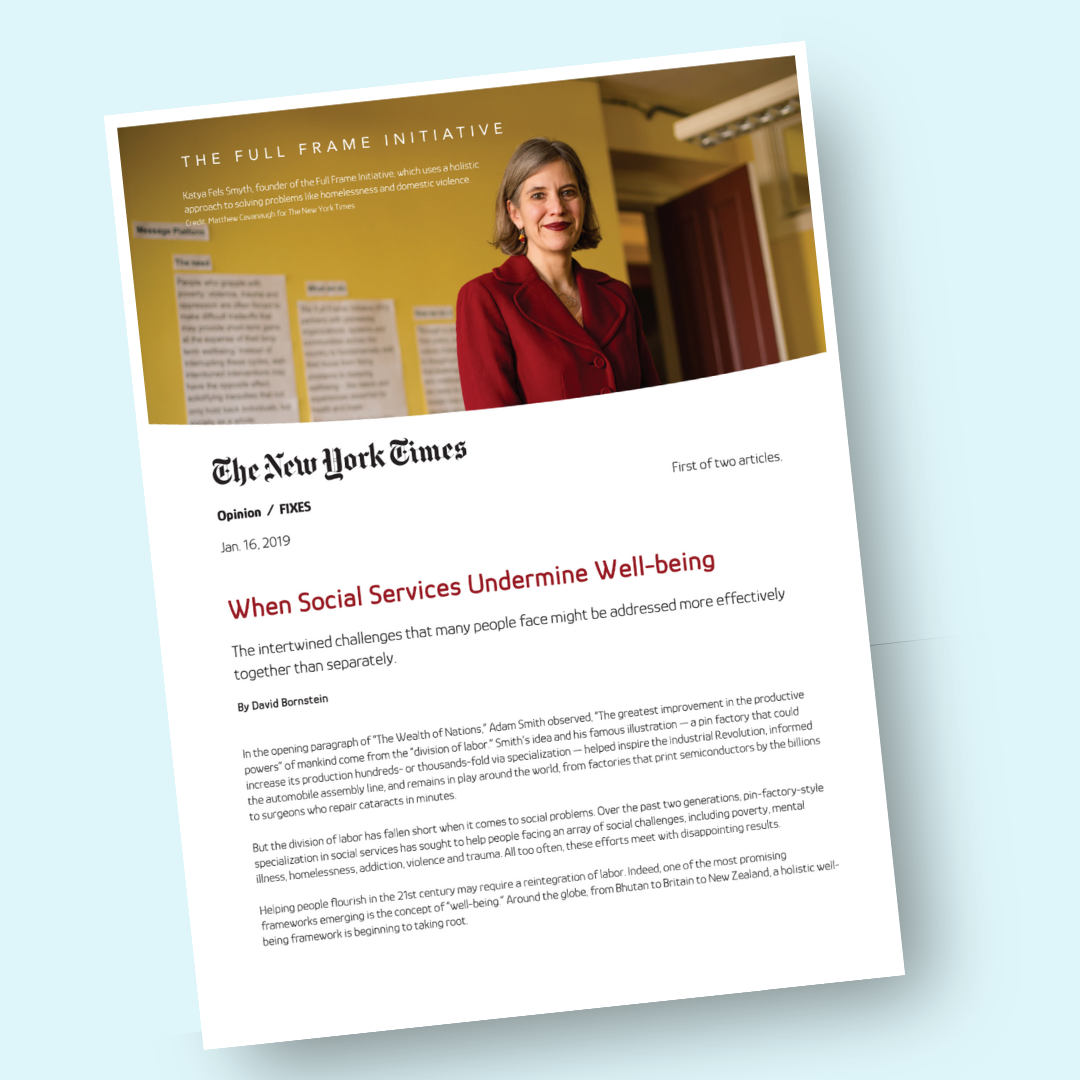
Two articles in the New York Times highlight FFI's wellbeing framework as a holistic approach to solving problems addressed through government systems like homelessness and domestic violence.